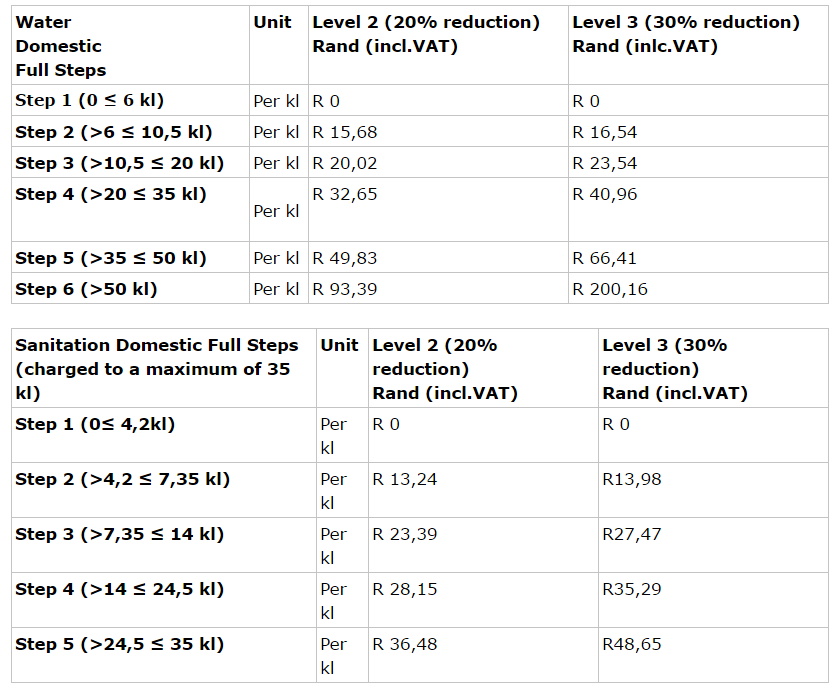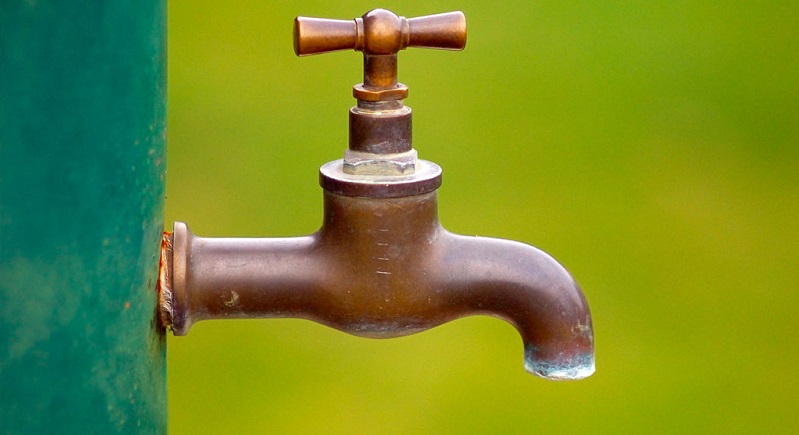Capetonians may soon find themselves paying more for their water every month, if the City of Cape Town approves tighter water restrictions and tariff hikes.
Back in September, the city announced it was considering implementing stricter water restrictions as dam levels remained low.
It has now announced that its mayoral committee has recommended to council that Level 3 water restrictions be implemented as of 1st November and increased tariffs be implemented on 1st December. Currently, Level 2 restrictions are in place.
“This is in line with the directive from the National Department of Water and Sanitation to reduce demand on the Western Cape Water Supply System by 20%,” the city said in a statement.
“Cape Town residents as a whole did not achieve the consistent 10% reduction in water use that was mandated from 1 January 2016. If we continue to use water as we did on Level 2 restrictions over the coming summer months, the dams are at risk of falling to 15% by the end of the summer period. Following on, if we experience poor rainfall next rainy season, we could find our dams at approximately 50% this time next year,” the city’s MMC for Utility Services, Ernest Sonnenberg.
Level 3 water restrictions involve the following:
- Watering/irrigation (with drinking water from municipal supply) of gardens, lawns, flower beds and other plants, vegetable gardens, sports fields, parks and other open spaces is allowed only if using a bucket or watering container.
- No use of hosepipes or automatic sprinkler systems is allowed
- Cars and boats may only be washed with water from buckets
- Manual topping up of swimming pools is allowed only if pools are fitted with a pool cover. No automatic top-up systems are allowed
- No portable play pools are permitted to be used
Tariffs may increase as follows:

“We have a collective responsibility to use water sparingly and ensure that the dams are not drawn down to very low levels over the coming summer period. While this may cause a certain amount of inconvenience and cost burden to our residents and businesses, it is important that we take a longer-term view and consider the possibility of the drought extending into the next winter rainfall period,” Sonnenberg said.
Cape Town said it will continue to optimise extraction of water from the various dams in consultation with the National Department and surrounding municipalities.
“We will also be lowering distribution system pressures where possible to reduce leakage from municipal and private water systems. This will mean that water may flow more slowly from taps and fittings,” it added.

